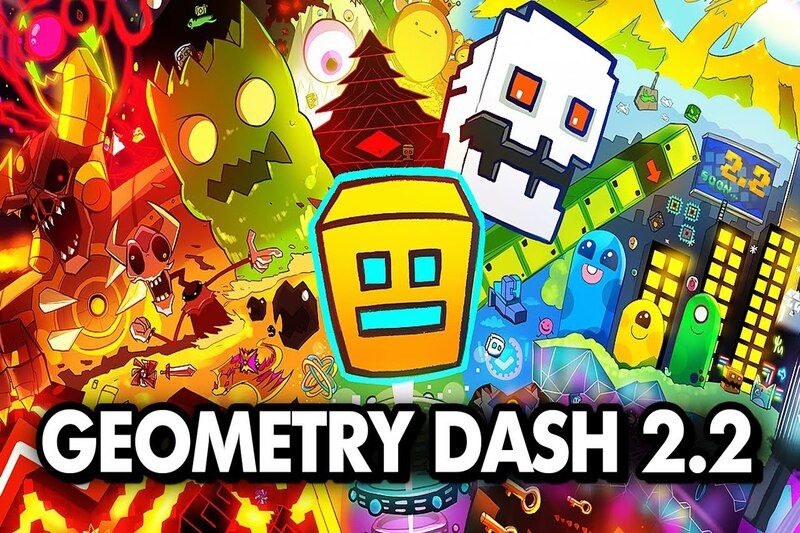Popular Now
Introduction
For over a decade, FIFA has stood as the dominant football simulation franchise in the gaming world. FIFA 23, developed by EA Sports, promised refined mechanics, realistic graphics, and a deeply immersive experience across modes like Ultimate Team, Career Mode, and Pro Clubs. But beneath these surface improvements lies a longstanding, controversial issue that continues to frustrate and divide the player base: gameplay imbalance through scripting, momentum, and Dynamic Difficulty Adjustment (DDA).
The concept of invisible forces altering match outcomes—despite skill or tactics—has sparked heated debate. Many players feel matches are influenced not just by gameplay decisions, but by pre-determined code that forces outcomes or adjusts momentum to keep matches “exciting.” This article explores the history, mechanics, player experiences, and impact of scripting and momentum in FIFA 23.
1. The Origins of Scripting Allegations in FIFA
Since the early FIFA titles on PlayStation 2 and 3, players have noticed inexplicable gameplay changes—sluggish controls, sudden AI boosts, bizarre goals. As online play became standard with Ultimate Team, the theory of scripting gained traction.
Scripting refers to the idea that FIFA code actively alters match conditions to create drama, level the playing field, or manipulate results. Early mentions of it appeared on forums like FUTHead and Reddit as players shared suspicious patterns such as:
-
Conceding last-minute goals after dominating
-
AI teammates suddenly underperforming
-
Sudden bursts of opposition skill despite poor gameplay
Whether real or perceived, these moments sowed distrust in gameplay consistency and laid the foundation for the scripting controversy.

2. Dynamic Difficulty Adjustment: EA’s Patented Mechanic
Adding fuel to the fire was the discovery of EA’s Dynamic Difficulty Adjustment (DDA) patent, first filed in 2016 and published in 2018. This system, according to the patent, can modify gameplay difficulty in real time based on player performance to maintain engagement.
While EA claims this technology is used in offline modes, many players believe it operates in:
-
FUT Champions matches
-
Online Seasons
-
Squad Battles and Career Mode simulations
The core concern is that DDA blurs the line between fair competition and artificial manipulation. If difficulty is subtly adjusted behind the scenes, how can players trust the integrity of their performance?
3. Player Reports and Evidence from FIFA 23
In FIFA 23, allegations of scripting and momentum reached new heights. Community forums and content creators flooded YouTube and Twitter with clips of suspicious moments such as:
-
Goalkeepers jumping away from the ball
-
Players freezing mid-animation
-
Open-goal misses from elite strikers
Popular creators like Nepenthez, AA9Skillz, and Krasi frequently discuss “momentum shifts,” describing games where their team suddenly collapses despite tactical control.
What raises eyebrows is the pattern: these moments often happen during key FUT matches (promotion games, finals, or when streaks are on the line), suggesting a hidden mechanic nudging outcomes.
4. Impact on Ultimate Team and Competitive Play
Ultimate Team is the most affected mode due to its high-stakes structure. Every Weekend League match matters, and scripting allegations undermine:
-
The legitimacy of wins and losses
-
Competitive fairness in esports qualifiers
-
Player mental state and enjoyment
When players feel their skill is being overridden by invisible forces, they grow cynical or disengaged. This has led to toxic community behavior, early rage quits, and reduced participation in high-level events.
Moreover, scripting erodes the value of player investment. Gamers who spend real money to build elite teams expect fairness. If mechanics sabotage those investments, the entire business model becomes ethically questionable.
5. Psychological Toll and Player Frustration
The perception of scripting causes immense emotional burnout. Players describe:
-
Matches that feel predetermined, robbing them of agency
-
Loss of confidence in their abilities
-
Growing paranoia about “what’s real” in each match
This leads to what many call “FIFA rage” — emotional volatility that stems from being outplayed by the game itself, not the opponent. Unlike other competitive games (e.g., CS:GO, Rocket League), FIFA’s inconsistencies make it harder to improve because feedback from losses feels unreliable.
Scripting creates mental fatigue, making players question their own skill and eroding long-term enjoyment.
6. AI Interference and Match Engine Anomalies
Beyond player suspicions, mechanical inconsistencies within the match engine raise further concerns. These include:
-
AI defenders pulling away from attackers without input
-
Ball physics behaving erratically in key moments
-
Sudden speed boosts or drops without visible cause
While bugs and glitches can be expected in any complex game, the frequency and timing of these issues in FIFA 23 point to a systemic problem. Especially during “momentum shifts,” animations desync, inputs lag, and user control feels hijacked.
This undermines player trust and fuels the scripting narrative—even if unintentional.
7. EA Sports’ Official Denials and Lack of Transparency
EA has consistently denied implementing scripting in online competitive play. In a 2020 statement, they wrote:
“We do not use DDA or scripting in FIFA Ultimate Team. We would never use it to give players an unfair advantage or disadvantage.”
However, the lack of transparency in gameplay mechanics undermines this message. EA does not provide detailed patch notes about gameplay balancing, AI behavior, or how input responsiveness is managed. Without a transparent match telemetry system, players are left guessing.
The disconnect between player experience and official statements continues to deepen mistrust.

8. The Influence of “Engagement-Based” Design
Modern live-service games optimize for retention and engagement. This design philosophy can unintentionally lead to manipulative systems such as:
-
Adaptive matchmaking to keep win rates consistent
-
Reward systems that favor certain outcomes
-
Artificial balancing to create excitement or challenge
FIFA 23 is no exception. Players suspect that scripting may be a tool to maintain engagement curves—making games closer, more dramatic, and encouraging continued play.
But this comes at the cost of competitive purity. When engagement design takes precedence over skill expression, the game becomes less about football and more about behavioral engineering.
9. How Gameplay Could Be Improved with Transparency
The solution isn’t just “remove scripting”—it’s prove that it doesn’t exist, or if it does, give players control. Steps EA could take include:
-
Adding a telemetry system showing input delay, momentum values, and CPU behavior
-
Creating optional DDA toggles in offline modes
-
Releasing full documentation on AI systems and match engine triggers
-
Hosting public developer Q&As with gameplay engineers
Other sports games (like NBA 2K) face similar issues but have begun adopting more transparent patching and gameplay logs. If FIFA 23 followed suit, it would go a long way in rebuilding community trust.
10. The Future of FIFA and EA Sports FC
With the FIFA license ending after FIFA 23, EA transitions to EA Sports FC in future titles. This offers a chance to rebuild gameplay integrity from the ground up. If EA wants to retain its player base:
-
Scripting, if real, must be disabled in competitive modes
-
AI influence must be minimized in user-controlled matches
-
Player feedback loops must become more reliable and skill-based
Gamers are willing to lose if they understand why. But when the game feels rigged or manipulated, they leave. EA Sports FC has the opportunity to redefine itself as a transparent, fair, and responsive simulation—if it listens.
Conclusion
FIFA 23 has many strengths—realistic visuals, deep customization, and thriving online communities—but it also carries a core flaw that haunts its legacy: the perception (or reality) of scripting and momentum manipulation. This issue undermines fair competition, player confidence, and trust in EA Sports.
Whether caused by hidden mechanics, flawed AI, or engagement-driven algorithms, the result is the same: players feel out of control. Until this is addressed through transparency, player choice, and gameplay refinement, FIFA’s simulation will remain suspect—no matter how realistic it looks.

















